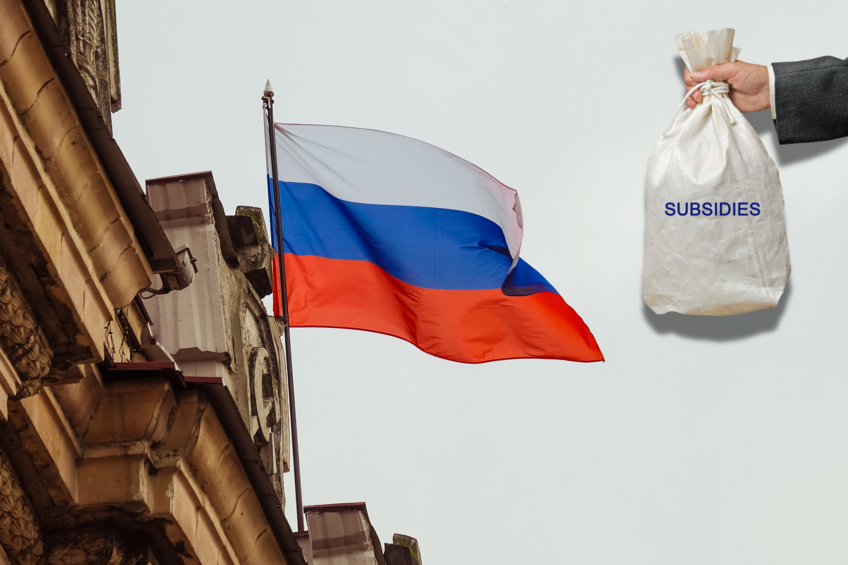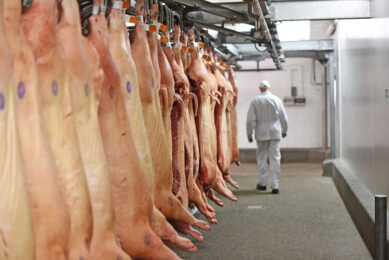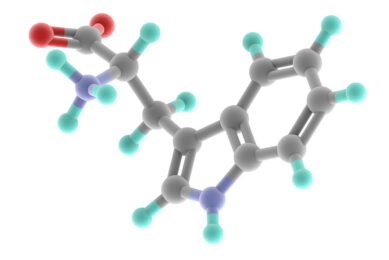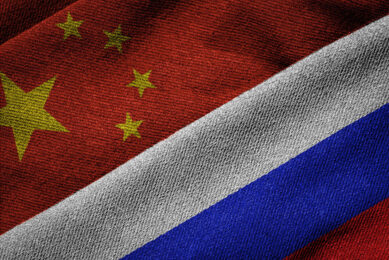Russia greenlights state aid for the feed additive industry

State Duma, the lower chamber of the Russian Parliament, has passed in the first reading a bill making the production of feed additives, enzymes and veterinary pharmaceuticals eligible for broad state aid.
The purpose of the measure is to bolster the industry’s financial and economical sustainability in the face of the current geopolitical situation and logistics problems, the lawmakers said in the explanatory note to the bill.
The bill, scheduled to come into force on September 1, 2024, should give feed additive manufacturers access to state aid in the form of soft loans and partial reimbursement of investment costs from the money allotted by the federal budget to the Russian Agricultural Ministry.
In 2024, Russian budget plans to spend Rub 558 billion ($9 billion) on supporting agriculture, Dmitry Patrushev, Russian Agricultural Minister has recently unveiled.
Feed additive production not covered under current rules
Under the existing rules, manufacturers and processors of agricultural commodities are eligible for state aid. The lawmakers explained that the production of some feed vitamins, amino acids, and enzymes does not involve using agricultural raw materials, so the industry had no access to state money. The bill is due to close that gap.
The bill was submitted to the Parliament with a positive assessment from the federal government.
Subsidies to aid sting of expensive bank loans
State aid in the form of soft loans is particularly important for the Russian economy, as the country’s key interest rate remains extremely high.
With the Russian Central Bank’s key interest rate set at 16%, Russian commercial banks are finding it increasingly difficult to provide loans with low interest rates, thereby limiting the availability of affordable credit for businesses, the government has recently said in a statement.
The high cost of bank loans is a pervasive issue for the Russian economy. In November 2023, several state corporations, including the Russian Railway monopoly RZD, space agency Roscosmoc, and state airline Aeroflot, appealed to the Russian government, seeking interest rate subsidies.
Logistics turmoil
The lawmakers have not elaborated on what logistics challenges prompt the authorities to subject the feed additive industry to state aid. There is a chance this is a reference to growing problems with foreign trade with China.
Growing problems with trade with China
Chinese banks scrutinise all transactions involving Russian clients since early 2024, delaying and occasionally rejecting money transfers.
In this background, Russian trade with China dropped by 9.9% in the first quarter of 2024 to $62.9 billion (€58.5 billion), compared with the first quarter of 2023. The downward trend seems to be picking up pace, as the March trade volume was nearly 20% lower compared with the previous year.
China holds a dominant position in the Russian feed additive market, accounting for roughly 85% of imports to the country.











